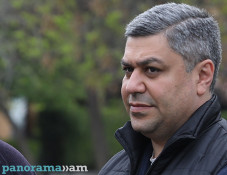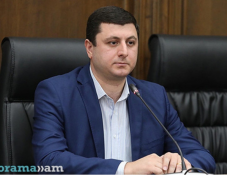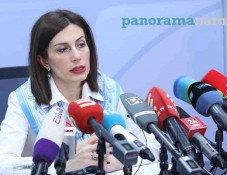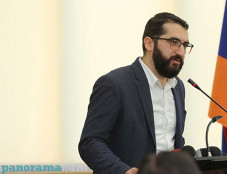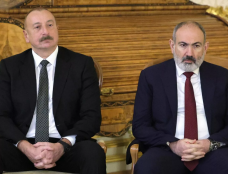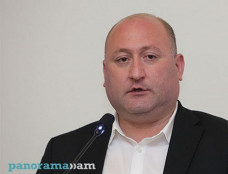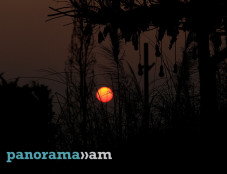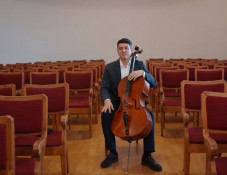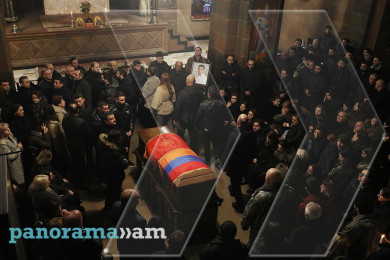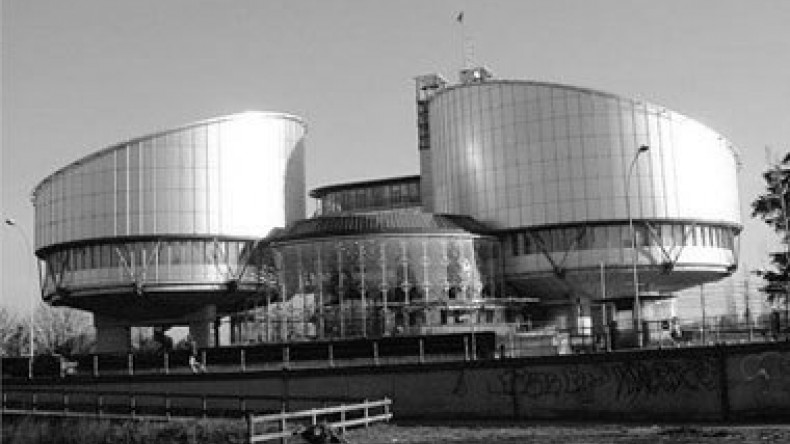
European Court: “Here has been no violation of convention”
Vahan Bayatyan was born in 1983 and lives in Yerevan. He is a Jehovah's Witness. 16 January 2000 the applicant was registered as a person liable for military service with the Erebuni District Military Commissariat.
On 16 January 2001 the applicant, at the age of 17, was called to undergo a medical examination, following which he was declared fit for military service. The applicant became eligible for military service during the 2001 spring draft.
On 1 April 2001, at the outset of the draft, the applicant sent identical letters to the General Prosecutor of Armenia, the Military Commissioner of Armenia, and the Human Rights Commission of the National Assembly stating that he consciously refused to perform military service.
On 9 September 2002 the investigating authority resumed the criminal proceedings against the applicant.
Erebuni and Nubarashen District Court found the applicant guilty as charged and sentenced him to one year and six months in prison. Later, the Court of Appeal decided to grant the prosecutor's appeal and increased the applicant's sentence to two and a half years.
On 22 July 2003 the applicant was released on parole after having served about ten and a half months of his sentence.
The applicant submitted his case to the European Court of Human Rights complaining that his conviction for refusal to serve in the army had violated Article 9 of the Convention.
The Government of Armenia submitted that the rights guaranteed by the Convention and the Armenian Constitution, including the right to freedom of thought, conscience and religion, were to be applied to everyone equally and without discrimination. The applicant was an Armenian citizen which meant that he was entitled to all the rights and freedoms, and was subject to all the obligations prescribed by the Constitution and laws, regardless of his convictions. Military service was a constitutional obligation of all citizens. While Section 12 of the Military Liability Act prescribed a number of exceptions to this rule, they did not include such grounds as being a Jehovah's Witness. Thus, exemption from compulsory military service on a ground not prescribed by law would have been in breach of the principle of equality and non-discrimination. The fulfillment of an obligation prescribed by the Constitution could not be considered as an interference with the applicant's rights, since all citizens were subject to such duties regardless of their religious convictions.
The Government agreed that the Convention was a “living instrument” which had to be interpreted in the light of present day conditions. However, the question of whether this or that Article of the Convention was applicable to the present case was to be considered from the point of view of the interpretation of the Convention existing at the time when the events of the case took place. The applicant was convicted in the years 2001-2002 and his conviction at that time was in line with the approach of the international community. Moreover, the conviction for conscientious objection was also considered to be lawful and justified under the Convention. Nor did the rights guaranteed by Article 9 in any way concern exemption from compulsory military service on religious, political or any other grounds.
Based on the above, the Government insisted that up until now, and moreover in the period when the circumstances of the case took place, conviction for conscientious objection was not considered to infringe the rights guaranteed by Article 9 and the Armenian authorities had therefore acted in compliance with the requirements of the Convention. Given the established case-law on this matter, they could not anticipate the possibility of a new interpretation of Article 9 by the Court and consequently could not make their actions comply with that possible “new approach”. In conclusion, the fact that the Convention was a “living instrument” did not in this case imply modification of the Court's approach to the question of applicability of Article 9. Here has been no violation of Article 9.
Newsfeed
Videos





